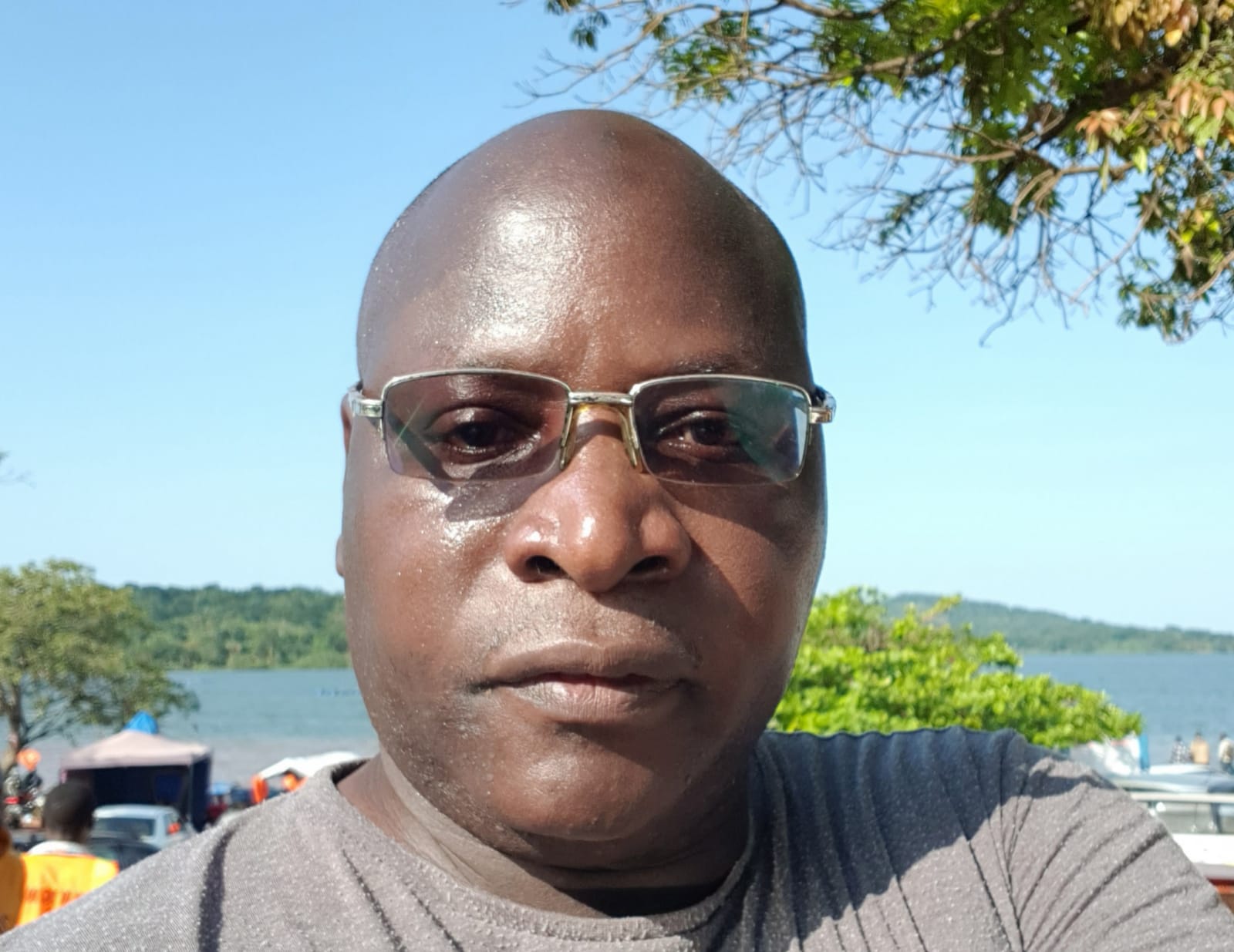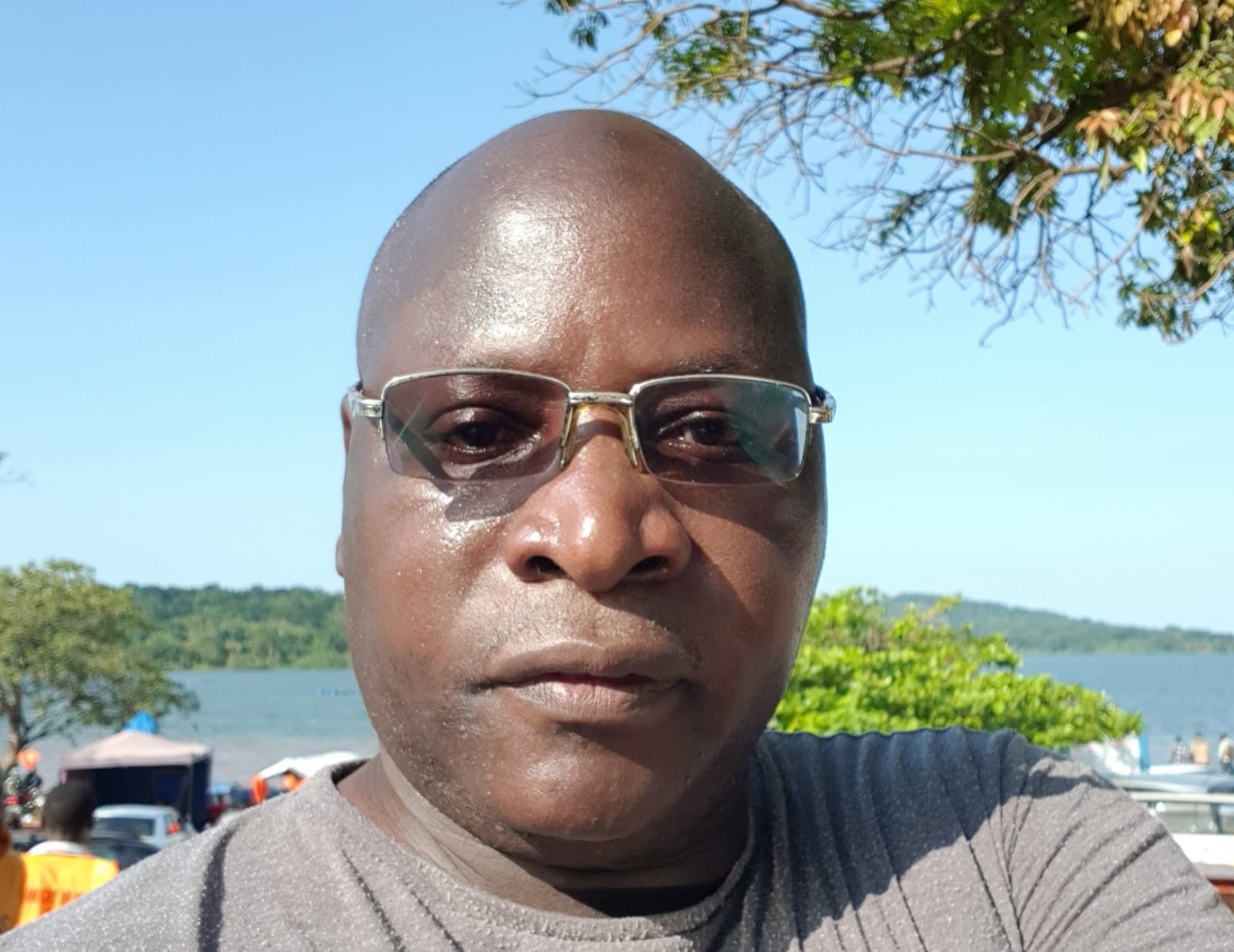By Stephen Lwetutte
LONDON-UNITED KINGDOM/NEWSDAY:
In biblical times, anyone suffering from leprosy (luckily a curable skin disease today) was treated as an outcast, since there was no cure and it gradually left the person disfigured through loss of fingers, toes and eventually limbs. Today, the word is used metaphorically to refer to person shunned or rejected by others for moral or social reasons.
For anyone keenly monitoring and observing the interface and interaction, or rather lack of it, between the West and President Museveni, the applicability of the word leper wouldn’t be that far-fetched. Once touted as a reformist leader and named in the early 1990s among the “new breed” of African leaders by none other than US President Bill Clinton, who even visited him in Uganda in March 1998, when he played host to a Summit with five other regional leaders (Ethiopia, Rwanda, Tanzania, Kenya and Democratic Republic of Congo). Within five years, in July 2003, another US President, this time President George W Bush, had returned to meet with President Museveni. This is by no means a mean feat for those who understand the status and significance of a meeting, moreover at visit to your own country, by the President of the United States of America, the most powerful man on earth.
Mr Museveni will appreciate this better than anyone else as he struggled to seek his first audience with an American President -President Reagan in October 1987 during a private visit to Washington, 19 months after NRA had captured power in Kampala. He only succeeded to get a standing 5-minute meeting as a courtesy call.
Subsequently, he met with American Presidents in a combination of private visits, working visits, visits at multilateral summits. Prior to that, Prime Minister Milton Obote had been a Presidential Guest to Washington for two days shortly after independence (22-23 October 1962). President Idi Amin never met an American President.
Thirty six years since President Museveni captured state power, Uganda is back in the world headlines not for good reasons: massacres, political persecution of dissent, disappearances of opponents of the regime, corruption and economic mismanagement. After years of hoodwinking the world as a liberator, President Museveni has now been unmasked for whom he really is in reality – his regime has made Idi Amin’s be viewed in favourable terms.
The world is suddenly waking up to his excesses and beginning to stand up to him. At the moment, the world in unison is, and has been demanding for over a year for accountability for the massacres of unarmed civilians by Mr Museveni’s security forces. The Americans have taken a stance on this matter and have been particularly vocal. The have even already taken symbolic concrete measure to demonstrate that they mean business on this occasion.
They do not seem to want to continue keeping company with Mr Museveni, and have even began openly sidelining him. He is not among those invited to attend the virtual Summit on Democracy scheduled for 9-10 December 2021. The visiting US Secretary of State to neighbouring Kenya recently bypassed Uganda and proceeded to Senegal and Nigeria before returning home to Washington, despite previous close bilateral cooperation in the security sphere.
Mr Museveni is literally being treated as a diplomatic leper. Other Western leaders are similarly to embrace or be seen to embrace him owing to his tainted image. Given our socio-economic status, you can only ignore them at your peril, unless you want to go down President Mugabe route.
It is ironic that, today, the same Americans who have played a major role in sanitising Museveni’s image internationally, bankrolling him and sustaining his authoritarian regime are leading the pack to question and challenge his legitimacy, democratic, governance and human rights credentials. While it is never too late to do the right thing, it can also be too little too late. Be it as it, any action from such a powerful ally should have some impact and definitely make a difference.
The toll the Museveni regime has taken on the people of Uganda and neighbouring countries as attested to by the 2005 ICJ judgment in Democratic Republic of Congo v. Uganda. The world must not abandon Ugandans to their fate, it owes us a moral duty to act and restore democracy and the rule of law to Uganda. The so-called liberator is badly tainted and must be called to order – he is a political leper, out of sync with modern governance standards.
The writer is a Multilingual Human Rights Practitioner, formerly at the International Secretariat of Amnesty International in London for over 20 years and now Legal and Human Rights Consultant.



